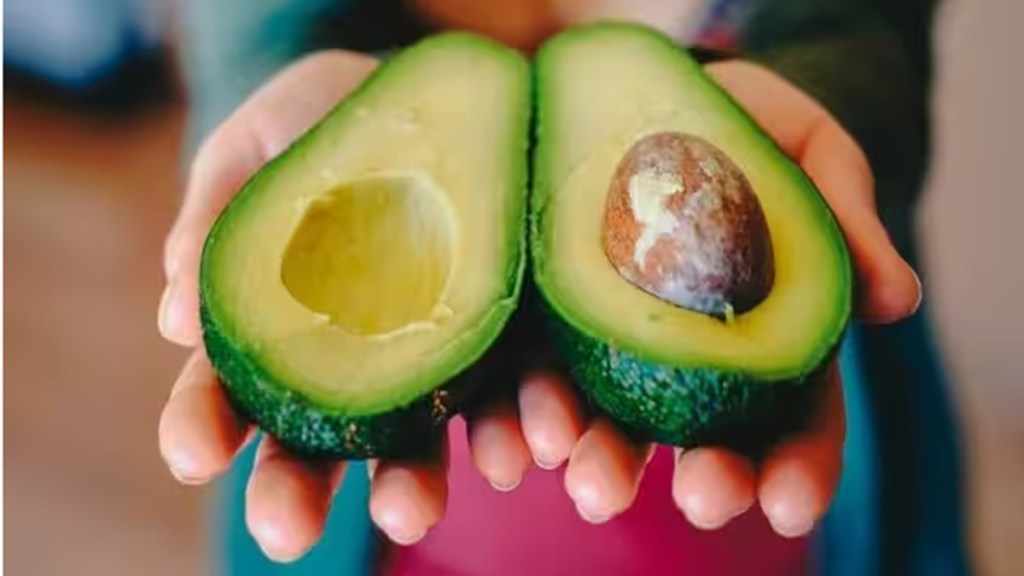Small-scale domestic production presents an opportunity for quality imports, says Swadha Rizvi, Deputy Secretary of the East and Southern Africa Division of the Ministry of External Affairs.
She made this observation during the launch event of Kenyan Avocado in India, a joint effort by the Kenya High Commission and industry body ASSOCHAM. This event is expected to strengthen bilateral relations and foster diverse partnerships. India, with its substantial potential, emerges as a promising market for avocado consumption.
Rizvi noted that it was a difficult eight-year journey of negotiations and diplomacy for Kenya to gain market access for avocados in India. This achievement marks a significant moment as avocados symbolize Kenya’s rich history, culture, and emotions. Culture serves as a bridge that binds countries and their people together. This diplomatic milestone strengthens the bilateral relationship between India and Kenya, and the Indian government anticipates that access to the avocado market will bolster trade relations.
Ambassador Irene Oloo, Deputy High Commissioner of Kenya to India, shared insights into Kenya’s avocado production, highlighting that Kenya exports approximately 23 percent of its avocado production, which amounts to 95,000 tonnes. The increased production in Kenya necessitates expanded market access, leading to Kenya’s request for Indian market access for its avocados. Oloo emphasized the growing trade relationship, which reached USD 1.83 billion in 2022, albeit with a trade deficit in favour of India.
The introduction of Kenyan avocados to the Indian market is expected to balance this deficit and stimulate sectoral growth and development.
Kenya stands as the world’s sixth-largest avocado producer, boasting nearly 26,000 hectares of cultivated land and a 2021 production of 416,000 metric tonnes, double that of 2016. This growth is attributed to a 20 percent annual increase, primarily driven by expanding avocado plantations (averaging 14 percent per annum) and increasing yields (approximately 6 percent). Notably, small-scale farmers with less than 2 hectares of land contribute 70 percent of Kenyan avocado production. Kenya mainly exports avocados to the Netherlands, USA, China, Spain, the UK, UAE, Russia, Saudi Arabia, Turkey, Egypt, among others, and India’s inclusion in this list is a welcome addition.
D. Umesh Kamble, Co-Chairman of ASSOCHAM MSDC and Founder and CEO of Farm to Forks, highlighted the nutritional value of avocados, often referred to as “green gold.” Avocado consumption is on the rise in India due to its health benefits, but availability remains limited. He called for awareness campaigns and educational initiatives to inform people about the nutritional advantages of avocados, various ways to incorporate them into daily meals, and the importance of supporting domestic avocado farmers. Additionally, he urged the industry to invest in research to develop innovative avocado-based products tailored to the Indian palate and consumer preferences. These initiatives aim to promote the consumption of Kenyan avocados in India and boost their popularity in the market.


